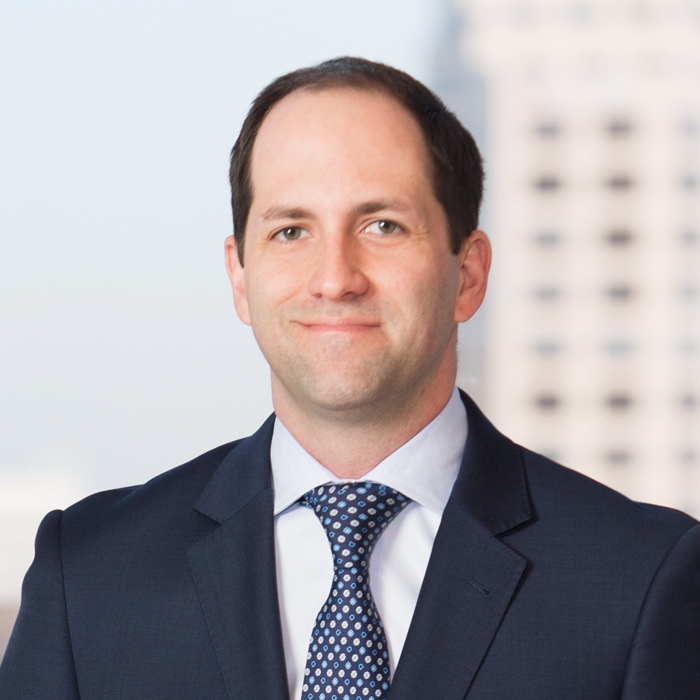On June 28, 2024, the Supreme Court of Texas issued a ruling clarifying the personal liability of individuals acting in a corporate capacity. The case, Keyes v. Weller, addressed whether individuals can be held personally liable for fraudulent acts committed as corporate agents, even when those individuals own an interest in the company. The court affirmed that corporate officers and directors can be held personally liable for their actions taken in a corporate capacity.
Case Background
David Weller, through his company IntegriTech Advisors, LLC, brought fraud claims against Mary Alice Keyes and Sean Leo Nadeau, members of MonoCoque Diversified Interests, LLC. Weller alleged that Keyes and Nadeau made fraudulent misrepresentations regarding compensation, inducing him to provide employment and consulting services. The trial court initially granted summary judgment in favor of Keyes and Nadeau, citing Section 21.223 of the Texas Business Organizations Code, which limits personal liability for corporate owners. However, the court of appeals reversed this decision, and the Supreme Court of Texas affirmed the appellate court’s ruling.
Key Takeaways
Personal Liability for Corporate Agents: The court emphasized that the fact an individual was acting in a corporate capacity does not prevent them from being held personally liable for the harm caused by their actions. Justice Lehrmann, delivering the opinion of the Court, stated: “Individuals are personally liable for torts they commit as corporate agents.” This ruling reaffirms the well-established Texas common law rule that individuals cannot hide behind their corporate roles to evade personal liability for fraudulent acts.
Statutory Interpretation: The Texas Supreme Court examined Texas Business Organizations Code Section 21.223, which generally shields corporate shareholders and LLC members from liability for the company’s contractual obligations. However, the Court instructed that this statute does not extend to shielding individuals from personal liability for their own fraudulent or tortious conduct, even if committed in a corporate capacity. The Court stated: “The statute’s focus has always been, and continues to be, on the liability of shareholders for matters relating to corporate contractual obligations—not the liability of corporate agents for their own misconduct.” The Court explained, that “Section 21.223 does not limit an individual’s liability under the common law for tortious acts allegedly committed while acting as a corporate officer or agent, even when the individual is also a shareholder or member.”
Conclusion
The Texas Supreme Court’s decision in Keyes v. Weller reinforces the principle of personal accountability for corporate agents. This ruling clarifies that the protections afforded by corporate structures cannot shield individuals from the consequences of their alleged fraudulent or tortious actions. This ruling has significant implications for corporate governance and litigation involving Texas corporate officers and directors. It underscores that individuals cannot evade personal responsibility for their fraudulent actions simply by acting within the scope of their corporate roles. Corporate agents must be mindful that their personal liability for tortious conduct remains intact, regardless of their corporate affiliation.
The opinions expressed are those of the authors and do not necessarily reflect the views of the firm, its clients, or any of its or their respective affiliates. This article is for informational purposes only and does not constitute legal advice. For more information on the Supreme Court of Texas ruling on Keyes v. Weller, please contact Chris Bankler or a member of the Trial & Appellate Litigation practice.
 Meet Chris
Meet Chris
Chris Bankler focuses on the resolution of disputes for businesses and financial institutions. He counsels clients through the process of complex business litigation, including general business disputes, fraud claims, breach of fiduciary duty cases, and complex business bankruptcy litigation. He has served as litigation counsel in more than 100 cases in state and federal courts, as well as FINRA and AAA arbitrations.
 Meet Chris
Meet Chris